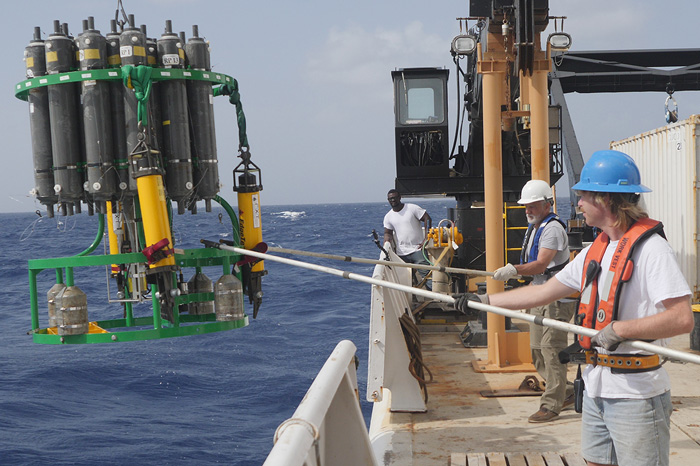
A special issue of the open access journal Earth System Science Data showcases results and datasets from a month-long field campaign in Barbados in 2020.
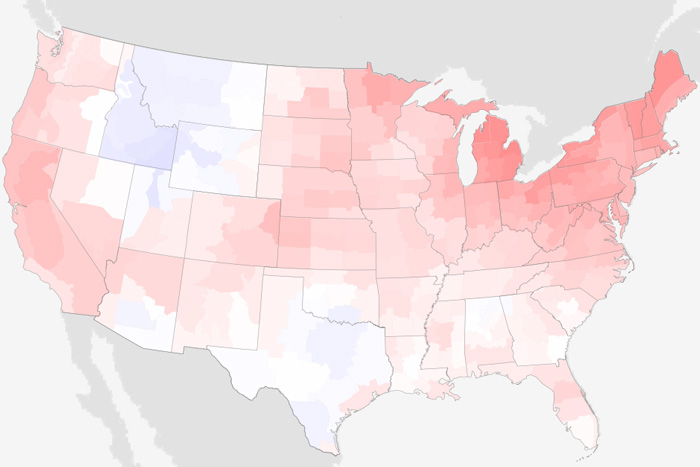
August was warmer than average, capping off a summer that tied for warmest on record.
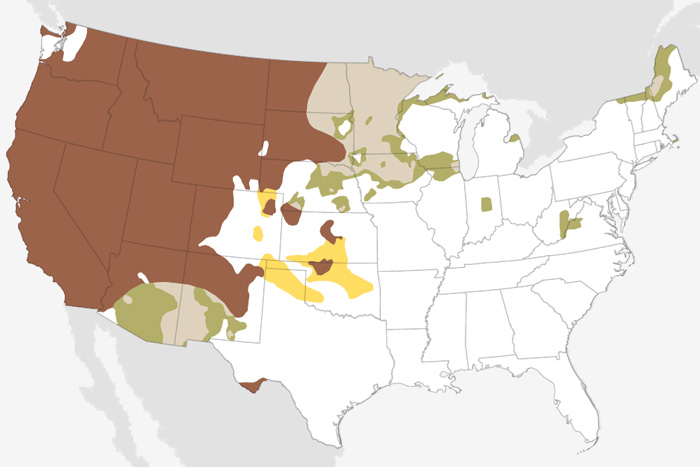
Large parts of the country show no tip in the odds toward either a cold or warm September temperature outcome. The rainfall associated with Hurricane Ida's remnants is likely to be enough on its own to lead to a wetter-than-average September for areas in its path.
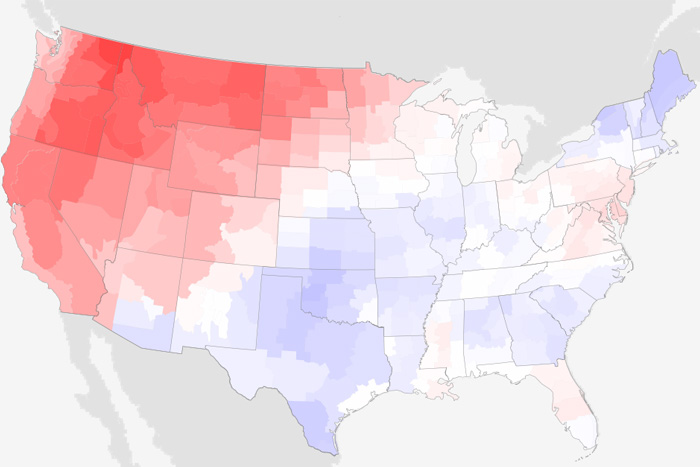
Stories of drought, extreme heat, and fires dominated the weather headlines for the West in July. The central and eastern U.S. were wet and relatively cool.
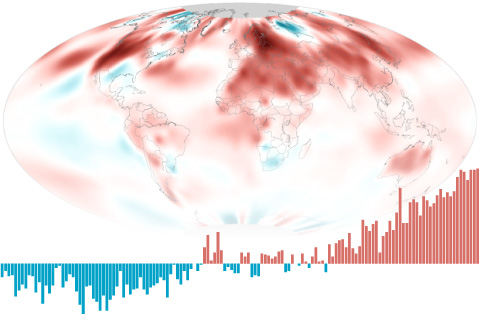
Global average surface temperature in July—the hottest month of the year on average—set a new record in 2021. It's virtually certain that the year will go on to become one of the ten warmest years in the historical record.
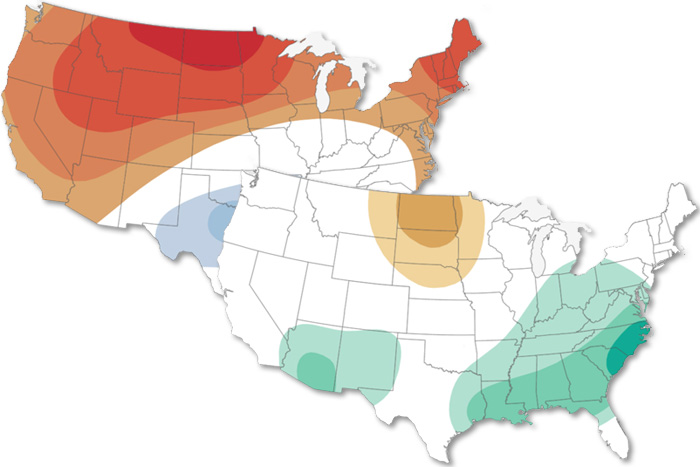
The August 2021 Climate outlook favors a wetter-than-average month across the Southwest and Southeast and above-average temperatures across much of the contiguous U.S.
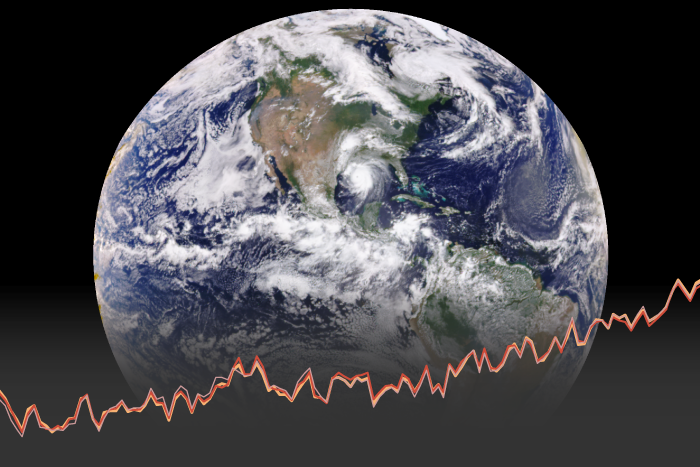
International report confirms 2020 was among three warmest years on record.
According to NOAA scientists, 2011 was a record-breaking year for climate extremes, not just in the United States, but around the world. Here's an illustrated guide to the year's top ten global climate and weather events.
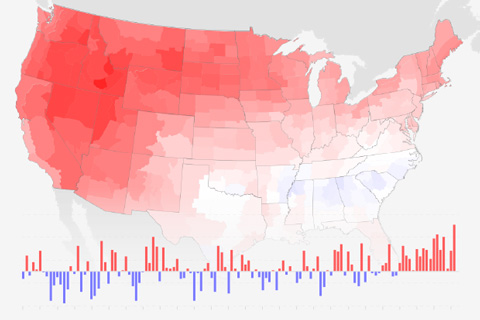
June precipitation was average across the country, a balancing out of dryness in the West and wetness in the Lower Mississippi, Eastern Seaboard, and Great Lakes.
